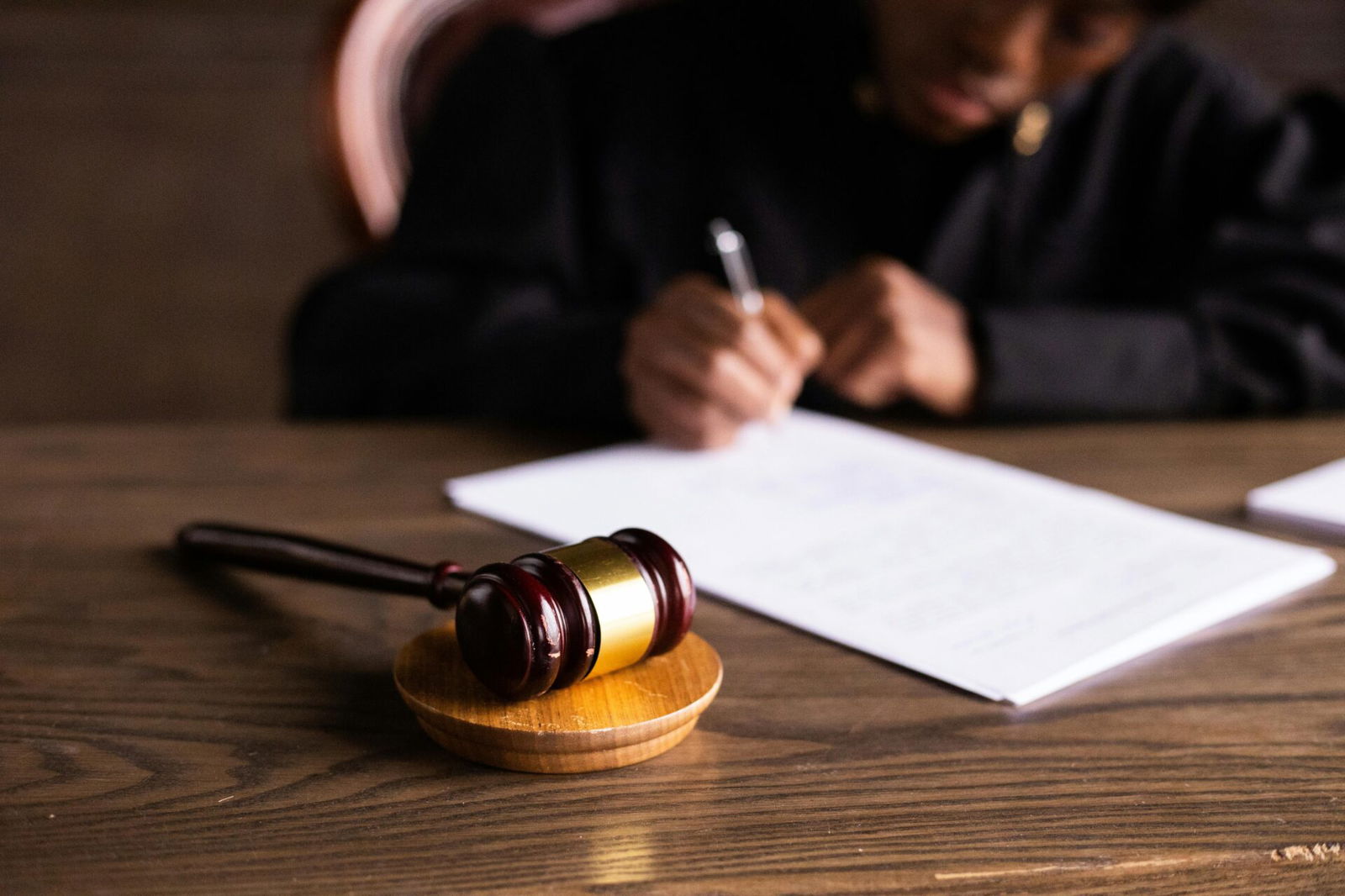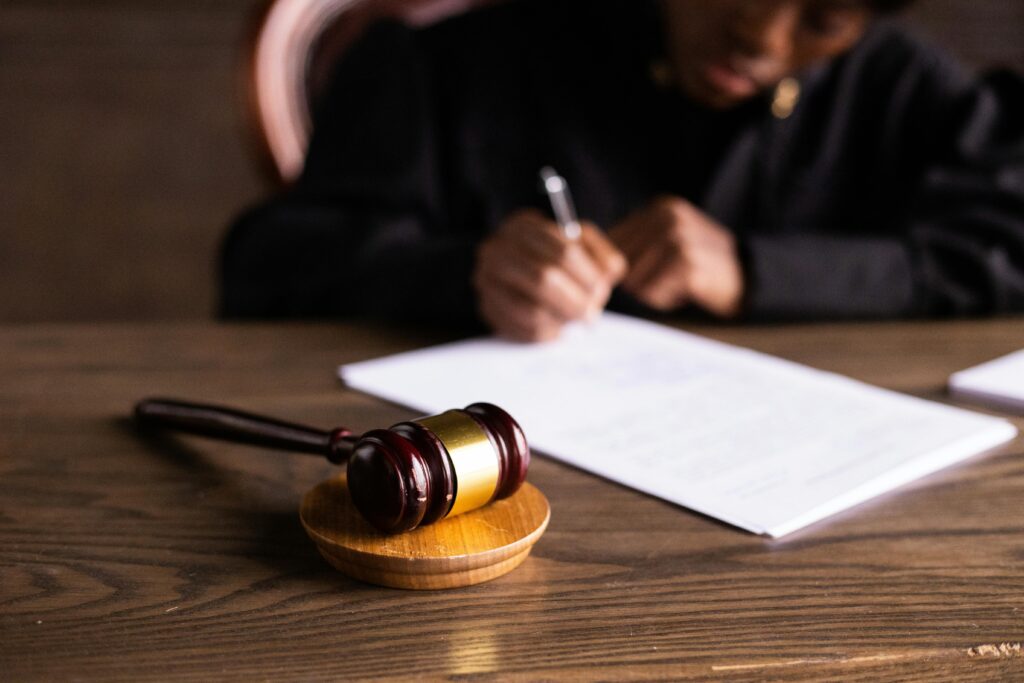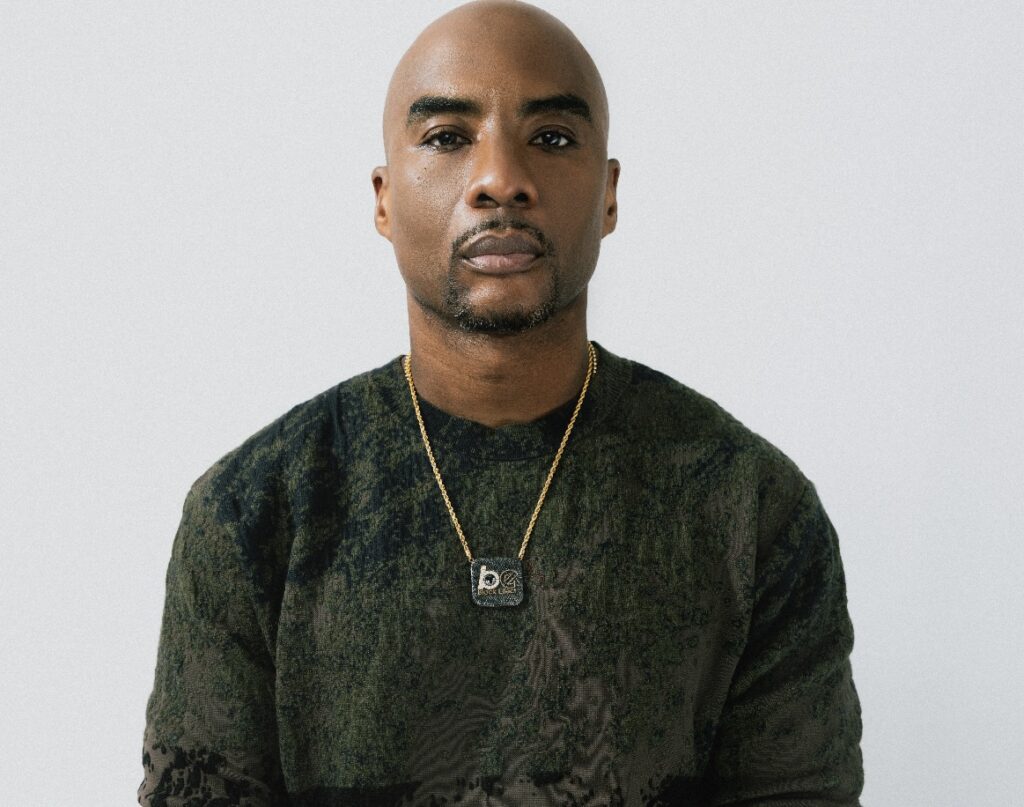
November 25, 2025
Separate motions by Comey and James to dismiss the cases because they were improperly driven by Trump’s vindictive animosity remain pending.
A federal judge on Nov. 24 dismissed the criminal indictments against former FBI Director James B. Comey and current New York Attorney General Letitia James, delivering a significant legal rebuke to President Donald Trump’s efforts to leverage the power of the Justice Department against his political adversaries.
U.S. District Judge Cameron McGowan Currie ruled that the prosecutor overseeing both cases, Lindsey Halligan, had been unlawfully appointed to her position, rendering the indictments she secured against Comey and James invalid.
“All actions flowing from Ms. Halligan’s defective appointment, including securing and signing Mr. Comey’s indictment, constitute unlawful exercises of executive power and must be set aside,” Currie wrote in her blistering opinion. “There is simply ‘no alternative course to cure the unconstitutional problem.’”
Currie, a visiting appointee of President Bill Clinton, was specifically tasked with reviewing the validity of Halligan’s appointment as interim U.S. attorney for the Eastern District of Virginia.
Her decision directly challenges the Trump administration’s strategy of installing political loyalists into top prosecutorial roles without Senate confirmation.
The ruling centered on the Justice Department’s expansive interpretation of its authority to fill U.S. attorney vacancies.
Federal law typically requires Senate confirmation but allows the attorney general to make a temporary 120-day appointment; if a nominee is not confirmed within that window, the law permits federal judges to name a replacement
Attorneys for Comey and James successfully argued that allowing the administration to make successive 120-day interim picks—as was done when Halligan replaced the ousted Erik S. Siebert—undermines Congress’s intent to rein in the process and bypass the Senate’s confirmation role entirely.
Statute of Limitations Looms for Comey
While Currie set aside the indictments, she did deny the defendants’ request to permanently bar the Justice Department from re-indicting them under a lawfully appointed prosecutor. However, in Comey’s case, the judge strongly suggested that the window for a renewed prosecution had closed.
Comey’s lawyers contended that the statute of limitations in his case expired just days after his initial indictment in September.
Currie appeared to endorse this view, signaling that the Justice Department’s subsequent attempts to remedy the issue came too late.
The charges against James, a Democrat who secured a multimillion-dollar civil fraud judgment against Trump last year, face a less specific path but have been temporarily halted.
The now-invalidated indictments were the direct result of Trump’s public and consistent calls for retribution against Comey, whom he fired in 2017, and James.
When Siebert, the Trump-appointed interim U.S. attorney, concluded that the evidence against the pair did not warrant charges, Trump forced him out. Siebert was replaced by Halligan, a former White House aide and one of the president’s personal lawyers who lacked previous prosecutorial experience. Halligan secured both indictments within days of taking office.
A spokesperson for the Justice Department could not immediately be reached for comment, though officials are widely expected to appeal the federal judge’s decision. Separate motions by Comey and James to dismiss the cases because they were improperly driven by Trump’s vindictive animosity remain pending.
RELATED CONTENT: Trump Announces Federal Law Enforcement Surge In D.C., Pledges Removal of Homeless Encampments, Despite City’s 30-Year Low In Crime





